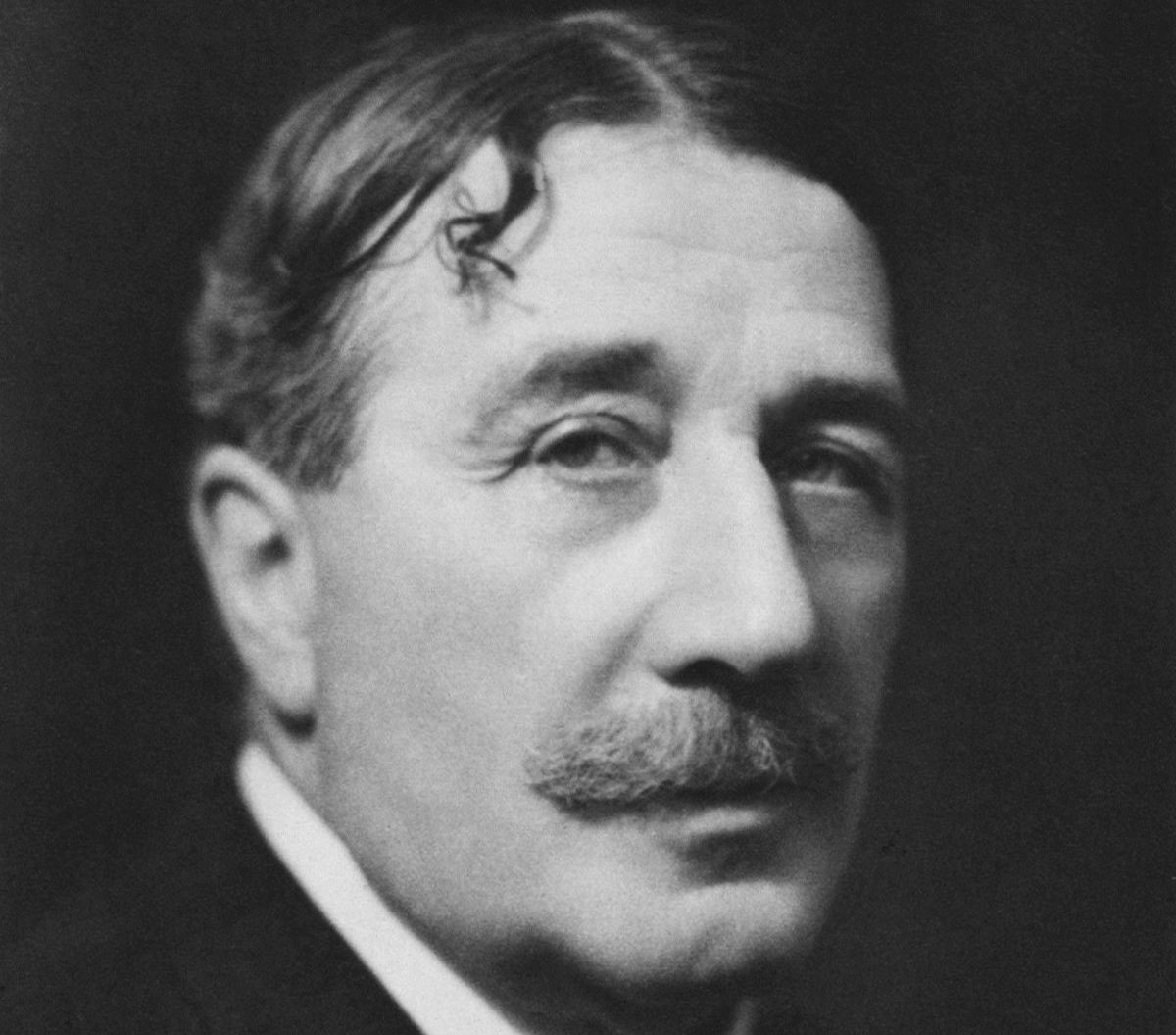Known as one of the masters of the essay genre: Who is Alain?
Alain's different colloquial style, which he used in his short writings, most of which did not exceed six hundred words, enabled his thoughts to be effective outside the intellectuals as well. His real name is Emile-Auguste Chartier.

(1868-1951) French aesthetician and philosopher. He gave effective products in the trial type and developed an aesthetic view based on imagination. His real name is Emile-Auguste Chartier. Born in Mortagne-sur-Perche, died in Le Vesinet. He comes from a Normandy family. He graduated from the philosophy department of the Higher Teachers' School; He taught philosophy at high schools in different cities. When he foretold that World War I would break out and opposed the war, he enlisted in the army as a gunner. He fought in the trenches throughout the war, refusing to be promoted to higher ranks.
Alain, pseudonym of Émile-auguste Chartier, (born March 3, 1868, died June 2, 1951), French philosopher whose work profoundly influenced several generations of readers.
After the war ended, Henri returned to his job at Quatre High School. During his teaching in philosophy in Rouen and Paris, he tried methods to develop creative thinking by going beyond traditional education-teaching practices. He retired in 1945 for health reasons; During these years, he was living in a village near Paris, conducting interviews with his audience. He received the Grand Prix National de Litterature award in 1951.
Starting in 1906, Alain became known for his daily interviews for the radical newspapers Depeche de Rouen and Revue Française. In these short writings, he brought new interpretations of daily problems from an individual point of view. He collected the essays he wrote starting from 1908 in a book. These articles were influential at that time.
Alain came up with new ideas that resonated in the field of aesthetics; as opposed to classical and dogmatic understandings. Imagination occupied a special place in his thoughts in this field. In his Systeme des Beaux-Arts (“The System of Fine Arts”), he explained the imagination as the focus of his thoughts. However, he did not treat his imagination as a set of rules with limits. According to him, what the artist dreams about is affected by the subject of his art and changes and is reshaped in this process. With this formation, a work of art emerges.
Alain emphasized individual freedoms and especially freedom of thought in his social and political writings. He argued that various organizations of the contemporary way of life suppressed these freedoms. According to Alain, the freedom of thought must comply with the principles of reason, by its content. In this regard, he is inspired by Descartes' views that describe the man as a being of reason.
Alain, who was against the war, thought that war was the last stage of the corruption of human values. In his book Mars, ou la guerre jugee (“Mars, or the Trial of War”), which he wrote while fighting in the trenches, he argued that war damaged the moral responsibility and conscience of human beings. According to him, as a being of reason, man should be peace-loving and avoid all attempts that are incompatible with the principles of reason.
Alain, who did not bring his thoughts to integrity, dealt with various problems of his age in his short writings, most of which did not exceed six hundred words, as an essayist philosopher. His different style, reminiscent of the spoken language he used in his writings, enabled his thoughts to be effective outside of intellectuals. His aphorisms, in which he concentrated his thoughts on looking for solutions to philosophy, aesthetics, and moral problems, pioneered a new type of writing.
WORKS (mainly):
Propos d'Alain, 1908-1919 , (Interviews, 1961-1965);
Systeme des Beaux Arts, 1920, (“The Fine Arts System”),
Mars, ou la Guerre Jugee, 1921, (“Mars or the Trial of War”);
Propos sur l'Esthetique, 1923, ("Conversations on Aesthetics");
Elements d'une Doctrine Radicale, 1925, (“Elements of a Radical Doctrine”);
Propos sur le bonheur, 1928, (“Conversations on Happiness”);
Propos sur Teducation, 1932, (“Conversations on Education”);
Les Saisons de I'esprit, 1937; Les Dieux, 1947, ‘(“The Gods”).
